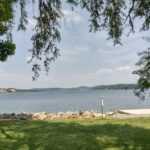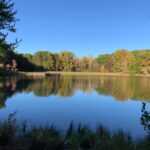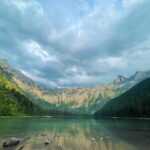Perrot State Park
Key Information
Contact Info
608-534-6409
Location
26247 Sullivan Rd, Trempealeau, WI 54661, United States
Opening Hours
6am–11pm
Fee
Unavailable
Introduction of Perrot State Park
Would you like to take an RV trip to where the Trempealeau River meets the Mississippi? Perrot State Park is a 1,270-acre state park in Wisconsin’s Driftless Area known for its breathtaking views from its 500-foot limestone bluffs. The park is rich in wetlands and river valleys that attract migratory birds that pass through twice a year. The park, named after French explorer Nicolas Perrot, is the site of one of the earliest European encampments on the upper Mississippi. The park also contains some earthwork mounds built by ancient Native American cultures.
Perrot State Park is ideal for those who enjoy staying in parks with natural significance. Brady’s Bluff Prairie and Trempealeau Mountain, both designated State Natural Areas, draw visitors from far and wide to see the diverse prairie plant life and a unique cone-shaped mountain surrounded by water. Natural landmarks aren’t the only thing to see in this area. The park offers a variety of recreational opportunities depending on the season. Hiking, boating, and fishing are popular summer activities.Perrot State Park is ideal for those who enjoy staying in parks with natural significance. Brady’s Bluff Prairie and Trempealeau State Natural Areas are both located here. During the winter, visitors come to enjoy cross-country skiing, snowshoeing, and hunting. There are 38 RV-friendly campsites with electrical hookups, including one accessible to people with disabilities. During peak season, the campground also has flush toilets, showers, and a dump station. Perrot State Park allows camping throughout the year, but it is quieter during the winter.
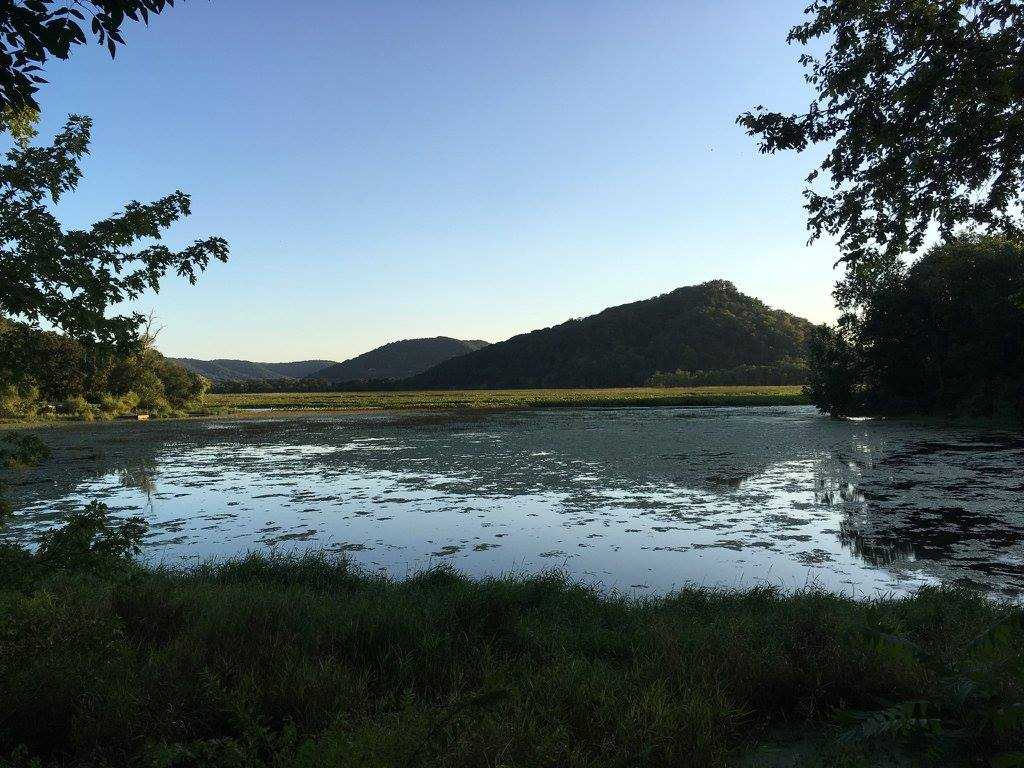
Perrot State Park Camping
Perrot State Park has a beautiful campground located on the Mississippi River bluffs. The views are spectacular, and there are nice, private shaded campsites. There are 38 sites that can accommodate rigs up to 45 feet long and have electrical hookups, as well as one site that is accessible to people with disabilities. Although there are no direct water hookups to the sites, the campground has 14 water stations. If you want to be close to Trempealeau Bay, we recommend site 35 or 36. Flush toilets, pit toilets, a shower block, a dump station, a recycling area, and a canoe launch into Trempealeau Bay are also available. Phone reception is available in the campgrounds, and pets are permitted on leashes only. Reservations can be made over the phone at the campground or online at the Perrot State Park website. Perrot State Park is open all year, and it is much quieter in the winter than it is during the peak season.
Perrot State Park Activities
Fishing
Perrot State Park offers a variety of fishing opportunities. Shore fishing is possible in the Trempealeau River and Trempealeau Bay near the park, but both are shallow and the water levels change throughout the year. Shore fishing and an accessible fishing pier are also available at the Trempealeau Lakes Recreation Area. If you want to fish in deeper water, the Mississippi River offers great opportunities, with common catches including catfish, northern pike, panfish, walleye, and northern bass. If you want to cast a line but didn’t bring your fishing gear, don’t worry; fishing equipment rental is available at the park office.
Hiking
Lace up your hiking boots and ditch the pop-up. Perrot State Park provides fantastic hiking opportunities for visitors of all ages. There are a total of seven trails ranging in length from half a mile to two and a half miles. Brady’s Bluff is a popular hiking trail. It is quite narrow and steep, with steps and a stairway, but it is a short trail at half a mile. As soon as you begin the hike, you will have a breathtaking view of the Mississippi Valley.
Biking
Perrot State Park is popular among bikers for good reason. The Great River State Trail is directly accessible by bike from the park’s campground. This 24-mile trail follows the upper Mississippi River valley, providing riders with beautiful river views as they ride over an abandoned railroad line. The crushed limestone trail used to be part of the Chicago-Northwestern railroad line, but it is now part of the Great River State Trail. Riders must obtain a state trail pass and bring their own bikes in the motorhome because the park does not provide rentals.
Hunting
During Wisconsin’s hunting and trapping season, portions of Perrot State Park are open to hunting, but like many other areas in the country, hunting is only permitted with a permit, and hunters must follow the state’s hunting and trapping laws. Before planning your hunting trip, read the hunting guide to understand the hunting boundaries, and follow the deer hunting bow and muzzleloader guidelines. The Wisconsin state park system publishes a hunting and trapping guide that explains how to hunt in the park.
Birding
Perrot State Park is popular among bikers for good reason. The Great River State Trail is directly accessible by bike from the park’s campground. This 24-mile trail follows the upper Mississippi River valley, providing riders with beautiful river views as they ride over an abandoned railroad line. The crushed limestone trail used to be part of the Chicago-Northwestern railroad line, but it is now part of the Great River State Trail. Riders must obtain a state trail pass and bring their own bikes in the motorhome because the park does not provide rentals.
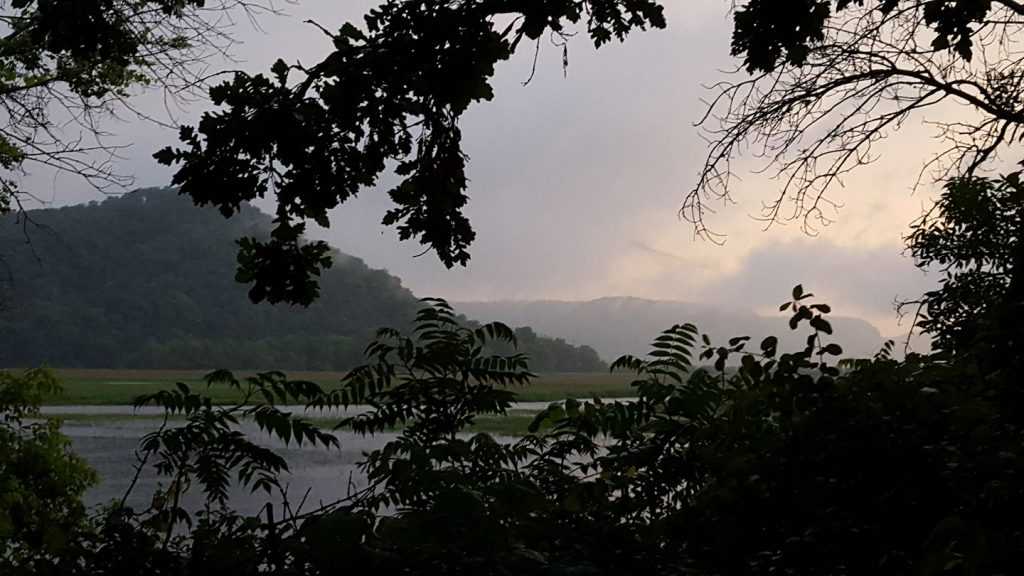
Perrot State Park Location
Perrot State Park is centrally located and relatively close to many of the area’s major cities. The park is 220 miles northwest of Milwaukee, 154 miles northwest of Madison, 216 miles west of Green Bay, Wisconsin, and 129 miles southeast of Minneapolis, Minnesota.
Please keep in mind that Wisconsin State Parks charge a daily admission fee and that all vehicles entering the park must pay for parking, which is a separate cost from overnight camping. After paying for parking at Park Headquarters, proceed through the main gate to the campgrounds located in the park’s northwest corner. You will be directed to your destination by signs.
It can be difficult to get to the park during the winter if there is a snowstorm, so check the local weather and road conditions before you leave.
Parking
Parking is available
Public Transport
Public Transport is not available

